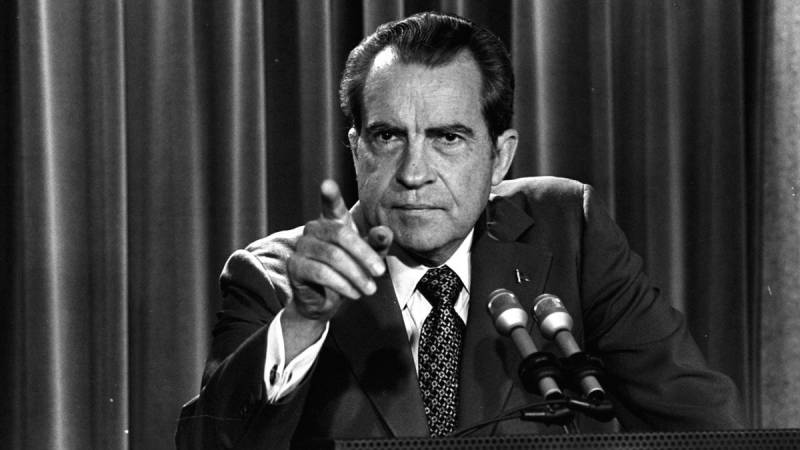“I can see clearly now... that I was wrong in not acting more decisively and more forthrightly in dealing with Watergate.” - Richard Nixon
In June 1972, five White House operatives were arrested attempting to wiretap the Democratic National Committee headquarters at the Watergate office complex. These men were connected to President Richard Nixon’s reelection campaign amidst a hostile political campaign on both ends with America embroiled in the highly controversial Vietnam war.
Nixon denied all accusations linking the crimes to his office, and swore that the White House had nothing to do with the break in. He was largely successful in persuading the public at the time and won a landslide victory in November to extend his reign at the presidency.
Nixon’s detractors however, remained unconvinced, and throughout 1973, the U.S. courts and reporters Bob Woodward and Carl Woodward began to publicly pressurise conspirators to give up information. Nixon’s aides began to crack under the pressure and testified to Nixon’s involvement and subsequent attempts at a cover up, claiming that Nixon had a set of tapes which would prove his guilt.
The United States Supreme Court ruled that Nixon must release the tapes, which revealed both Nixon’s involvement and the obstruction of justice and abuse of power he had exercised as a result of his Presidential privilege. He resigned on 9 August 1974, amidst an impeachment process and widespread public contempt. He was pardoned by his successor on 8 September 1974, and remains to this day, the only American president to have resigned from office.






